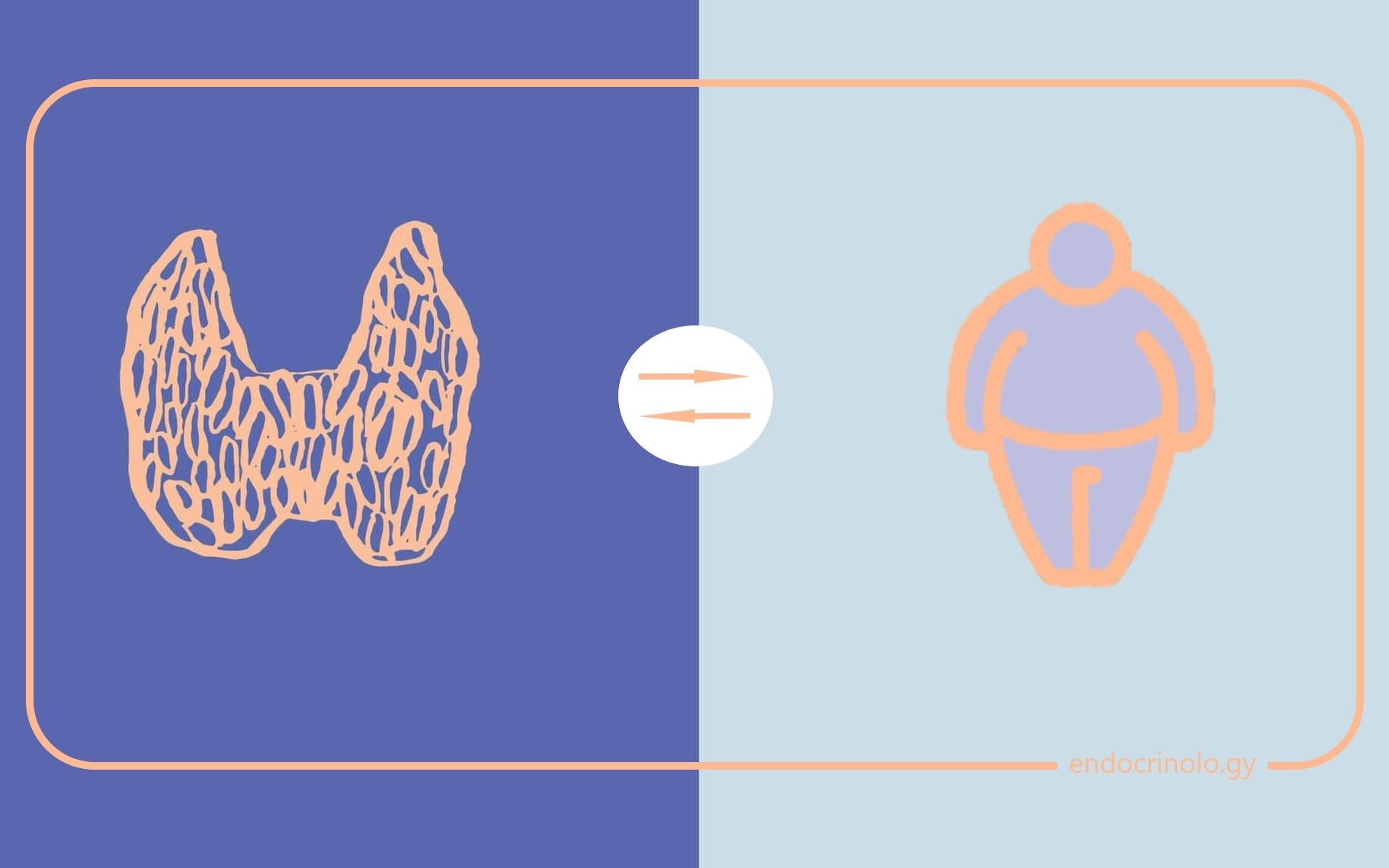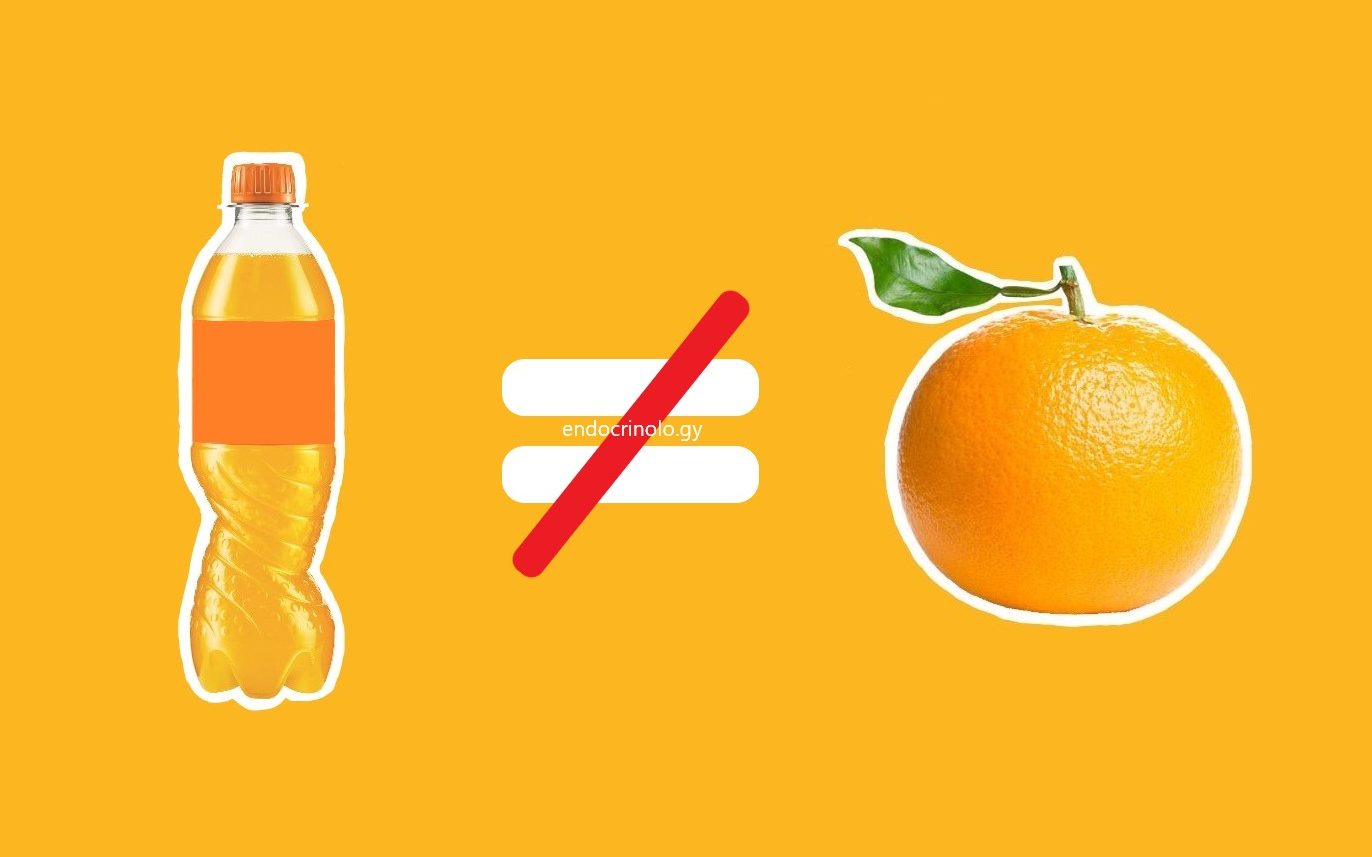There is an obesity pandemic in the modern world, which is accompanied with various diets boom.
Here is discussed some common mistakes that are made by people who desire to loose weight. These mistaken actions often lead to fail in achieving goals and some of them even contain health risks.
Searching ''magic bullets''
It requires serious lifestyle modification to lose extra weight and then to maintain it. And for many people it's a very difficult task.
This difficulty often triggers to search an easy ways.
The easy way, as a rule, refers to means whose use will quickly lead to the desired weight loss and at the same time replace a diet and physical activity regimen.
The first big mistake at this time is to be interested in "conjugation" means of unknown origin.
They can be in the form of capsules, pills, teas, or cocktails and be available on the local or international market.
The Food and Drug Administration (FDA) has determined that these products contain hidden ingredients that are not listed in the label and some of which are used to treat specific diseases, while others are already recognized as dangerous or their effects on the human body are not yet known.
Therefore, uncontrolled intake of such compounds can be life-threatening.
As for medications that are allowed for weight loss by prescription, and there are only a few of them, we can't call them magic either, because they are only an aid to increasing the effectiveness of nutrition and physical activity, not a substitute for them.
Sometimes the simple solution seems to be to search for and discover various diseases as the cause of obesity.
While diagnosing the disorders that cause obesity is of utmost importance, the patient should not be given the false expectation that treating the disease alone will be enough to shed the accumulated pounds.
Because obesity is rarely caused by just one cause. Its genesis is usually multifactorial. Therefore, a complex approach and lifestyle modification are also needed here.
For some, the easy solution is bariatric surgery. This method is truly amazing for rapid weight loss, but the path that bariatric surgery patients go through is certainly not easy. Strict adherence to a proper diet is also necessary and crucial in this case.
However, bariatric surgery has specific indications that the patient must meet before going on the operating table.
Infatuation with short-term diets
Short-term diets are very popular.
Unfortunately, the problem cannot be solved with a regimen of a few days or weeks, because obesity is considered a chronic condition and therefore, like other chronic diseases, requires ongoing management.
Typically, short-term diets involve significantly restricting calories.
A calorie deficit forces the body to mobilize to protect itself from starvation, resulting in slowing down metabolism and saving energy consumption.
Consequently, after completing such a diet, the body is left trying to conserve calories as much as possible and consume food at a slower pace. This contributes to the rapid recovery of lost kilograms.
In addition, a severe calorie deficit can lead to a loss of muscle mass, which also slows down metabolism.
Excessive use of scales
If, despite your efforts, the scale still shows the same numbers, it doesn't necessarily mean that your body isn't losing fat.
Weight does not only reflect the amount of fat.
It also includes water that may be retained in the body and food that is left in the gastrointestinal tract.
If you are dieting and doing intense exercise, the increase in muscle mass can also be the cause of "frozen" weight, because muscle tissue is much heavier than fat.
Therefore, stepping on the scale every day may not reflect the correct dynamics of weight loss.
It's best to weigh yourself once a week or less often so that the numbers on the scale don't become demotivating.
It is better to monitor weight loss by measuring your waist circumference.
A reduction in waist circumference really indicates fat loss regardless of what the scale shows.
Even without measuring, the difference is easily noticeable, because the clothes no longer fit so tightly around the waist.
Diet without exercise
The more well-developed your muscle mass is, the easier it is to lose weight, because muscles actively burn calories.
Dieting without exercise can lead to loss of muscle mass, which slows down metabolism.
Thus, exercise helps to burn more fat, speed up metabolism, and preserve muscle mass.
For this purpose, it is good to combine weight lifting and resistance training with aerobic exercises. As well as stretching, yoga, and Pilates.
Including enough protein in your diet also helps increase muscle mass, which also helps regulate appetite.
Creating unrealistic expectations
Setting a goal at the beginning of a diet is important for increasing motivation.
However, caution is needed at this time, because if goals are unrealistic and impossible to achieve, this can ultimately lead to frustration and loss of motivation.
It is best to aim for a small weight loss at the initial stage. For example, a gradual reduction of 5% to 10% of body weight, at a rate of 0.5-1 kg per week.
Such a plan ensures weight loss at a healthy pace, increases the likelihood of achieving the goal, and increases motivation to continue the regimen.
Completely eliminating fat from the diet
Cholesterol is the main building material for cell membranes and the synthesis of sex and other hormones.
Fat is also needed for the absorption of some vitamins and other physiological processes.
Therefore, it is essential for the body to consume a certain amount of it.
The use of animal fat (except fish) should be limited and less refined vegetable fats should be consumed in small quantities.
Choosing products with labels such as "sugar-free," "fat-free," "dietary," etc.
Although such labels sound healthier and seem to be consistent with a healthy and “dietary” diet, in reality these products can have the exact opposite effect.
Because a product that, for example, has had its fat removed, usually has excessive amounts of sugar, salt, and various flavor-enhancing chemical additives added to preserve the flavor.
In "sugar-free" products, sugar is replaced with artificial sweeteners, the regular use of which is ultimately associated with weight gain.
Equating beauty with weight
Remember that no matter how many kilograms you weigh, your body is unique and perfect. Beauty has nothing to do with weight.
Plan to lose weight to be healthier and lose weight only for yourself and your own happiness.
Starting the day with breakfast, choosing healthy foods, regulating sleep, creating an adequate physical activity regimen, and properly hydrating the body, reducing stress factors in the environment - these are all key components of a successful diet.
Author: Elga Giorgadze (MD of Endocrinology)






